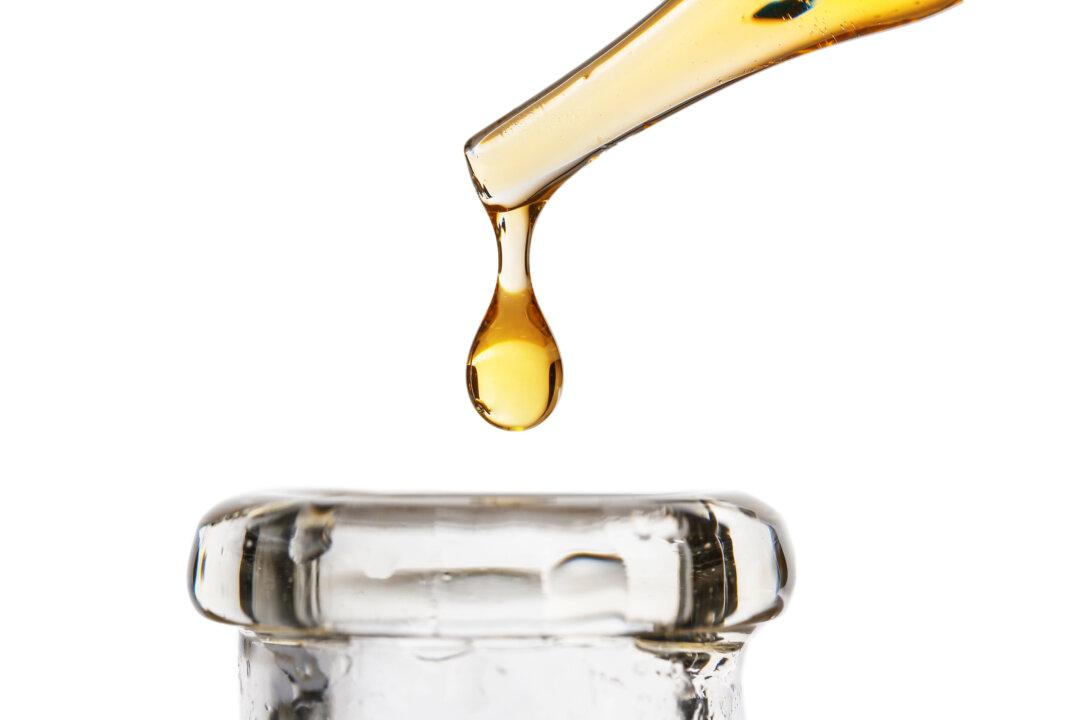Suzan Kennedy has smoked marijuana, and says her Wisconsin roots mean she can handle booze, so she was not concerned earlier this year when a bartender in St. Paul, Minnesota, described a cocktail with the cannabinoid delta-8 THC as “a little bit potent.”
Hours after enjoying the tasty drink and the silliness that reminded Kennedy of a high from weed, she said, she started to feel “really shaky and faint” before collapsing in her friend’s arms. Kennedy regained consciousness and recovered, but her distaste for delta-8 remains, even though the substance is legal at the federal level, unlike marijuana.

